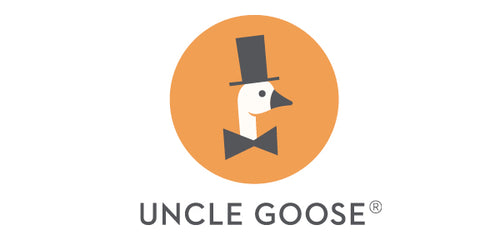
Create a time and place for unstructured play
Picture a winter afternoon in Michigan. After school, some children may build a snow fort, get into a snowball fight, and build some snow angels together.
These three classic winter activities can be categorized as “unstructured play.” Unstructured play, or free play, is when children play for the fun of it.
There’s no specific learning objective. There’s minimal, if any, adult guidance or coaching.
Does unstructured play sound purposeless? Or like a frivolous waste of time? Wouldn’t inserting a learning objective or two into playtime be more productive?
Not so fast!
Unstructured play gives children an opportunity to not only learn skills or concepts, but also to create their own goals and make their own rules. Children learn how to put what they’ve learned into a meaningful context.
A 2014 study shows that unstructured play increases executive function skills. Executive function skills include starting tasks, doing them in order, staying focused and organized, managing emotions, and keeping track of what you’re doing.
Of course, some structured play is valuable and fun. Children and adults can both enjoy learning important lessons by playing board games, cards, music, and sports.
But a day filled with too much structure can be stressful. It can also inhibit cognitive, emotional, and social development in children. For example, too many structured activities can make a student good at taking tests, but not so successful at putting what they’ve learned into a larger and more meaningful context.
That’s why unstructured play time is so valuable. Think of all the self-directed executive functions that get exercised by having enough time and space to build a simple snow fort.
Someone had to come up with the idea to build that fort. Others had to agree and cooperate to scout for a good location. Different construction methods need to be experimented with: some will work, others might be found lacking.
Perhaps one child will decide to decorate the fort with snow angels or snow sculptures. Others might join in the fun. Maybe a few children will begin defending the fort with snowballs. As arguments break out, resolutions get negotiated.
All these executive thinking exercises can be accomplished through unstructured play on a snowy afternoon. By playing without adult-imposed learning objectives, children learn to set their own goals and track their own progress.
Children also learn social skills like knowing how to collaborate and cooperate with others. They learn what works — and what doesn’t — largely through unstructured play.
When children play outdoors, they can also develop large motor skills as they run, jump, sled, skate, slide, and build. If the weather is too nasty to play outside, children still need time to free their minds during unstructured play time indoors.
In winter, the days are short. The skies can be gray for days and days. The weather can turn on you in an instant. There’s only so much time to go out and enjoy unstructured play.
Outdoors or in: make unstructured play time a priority. Not every minute of your life — or a child’s — needs to be structured and filled with meaning.
Strive less, play more. We're more likely to find meaning and purpose through unstructured playtime.
